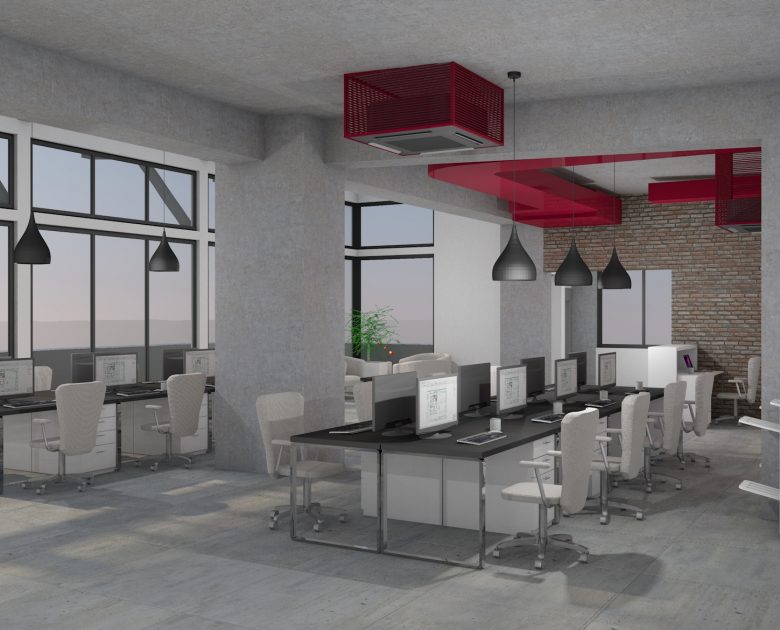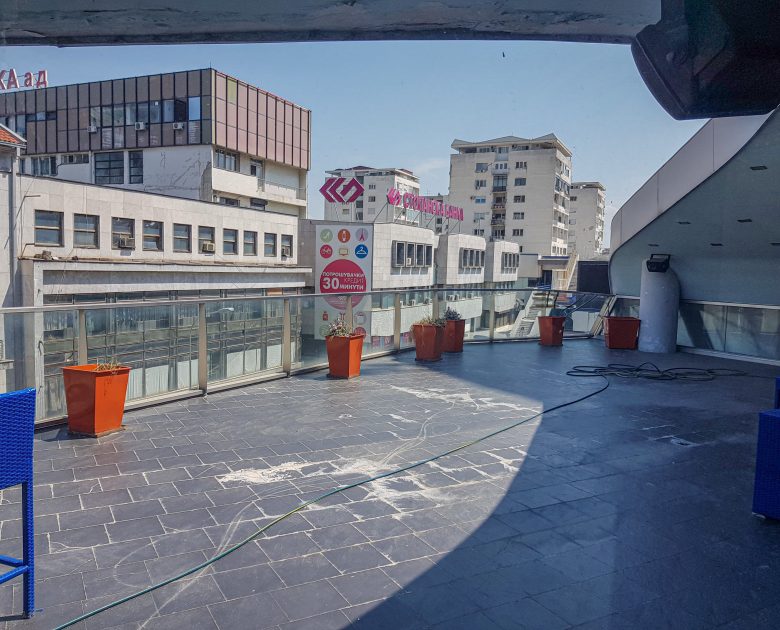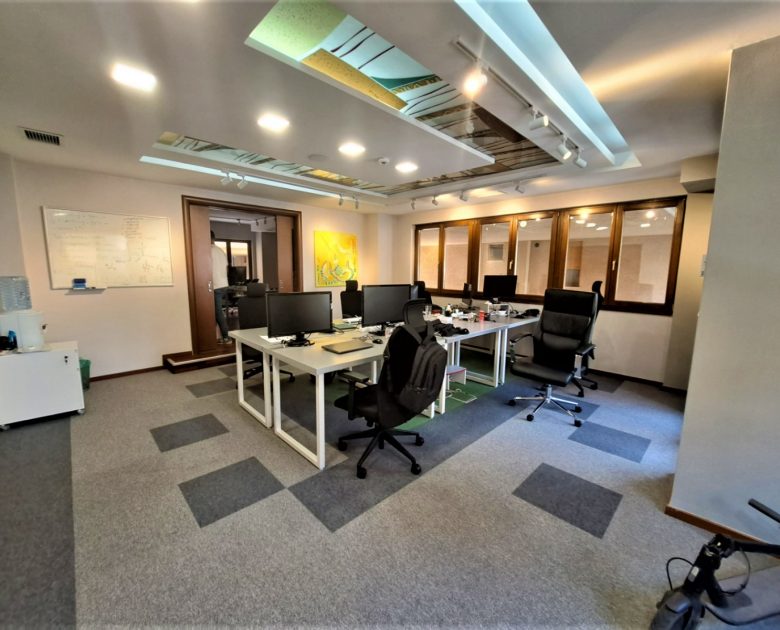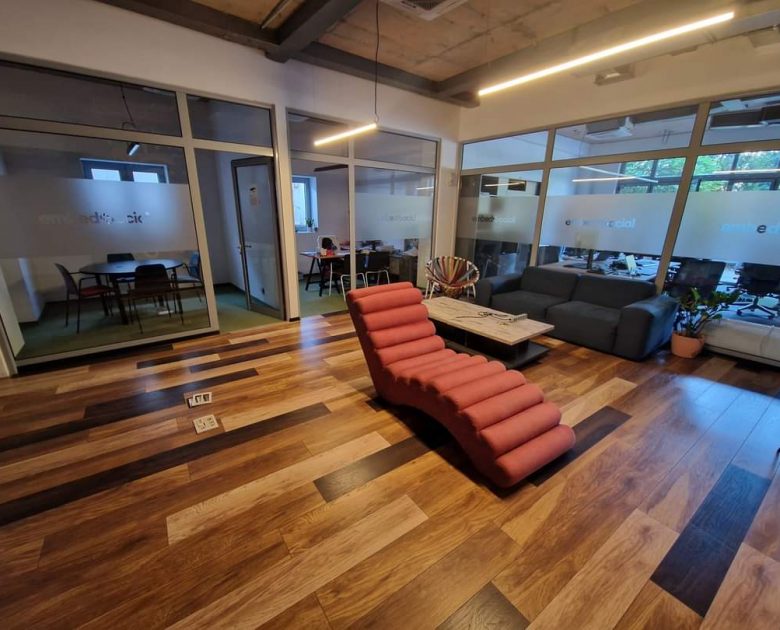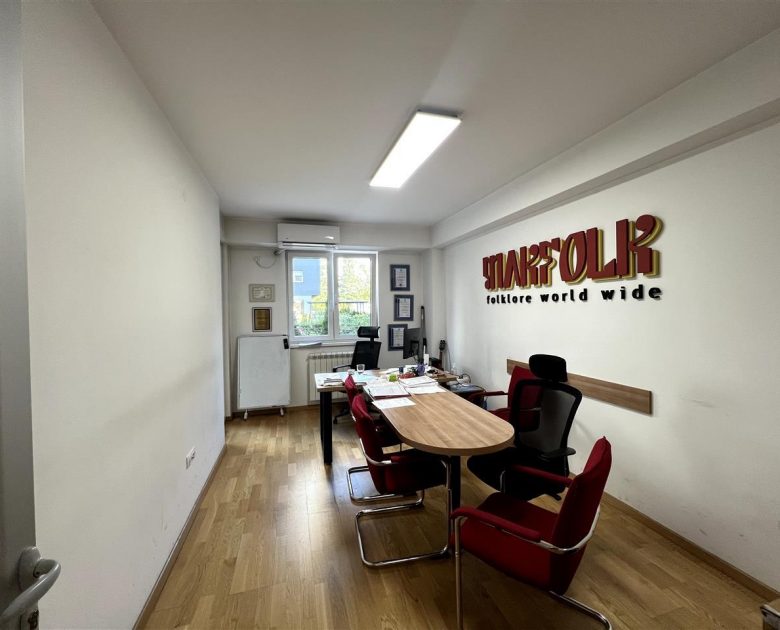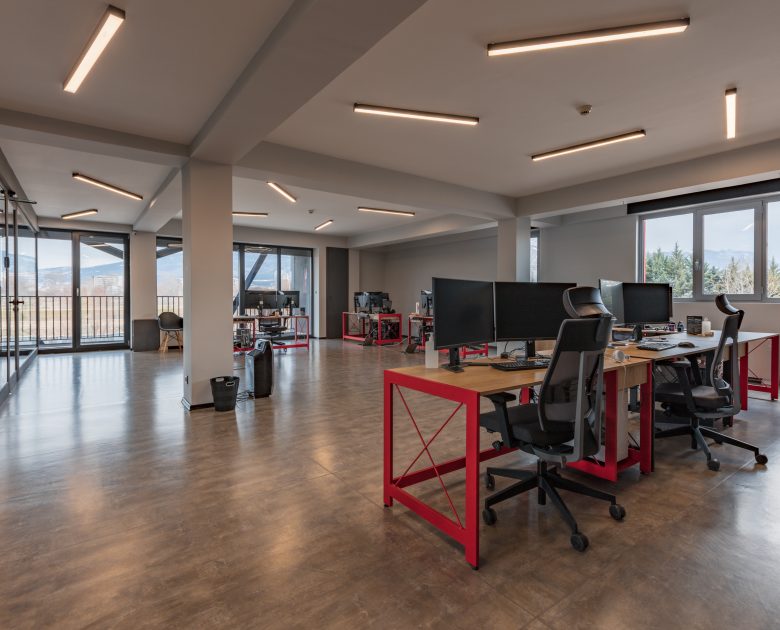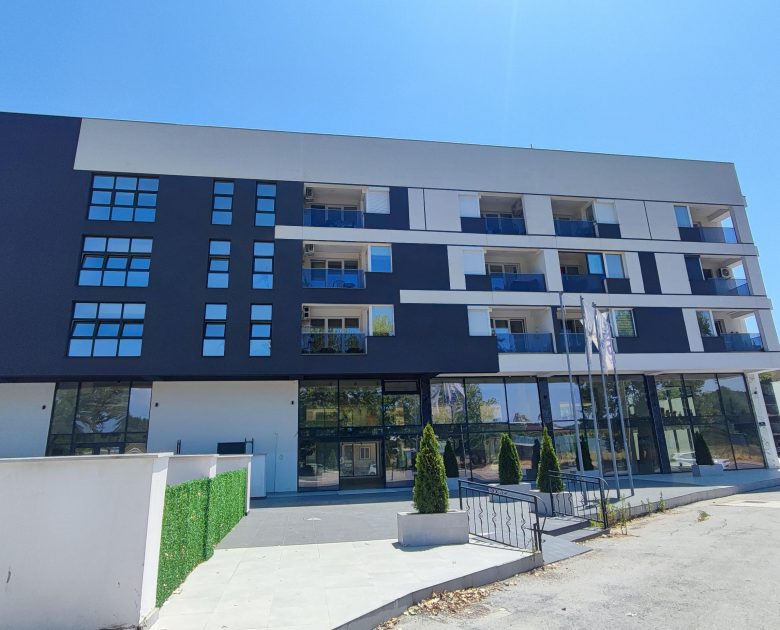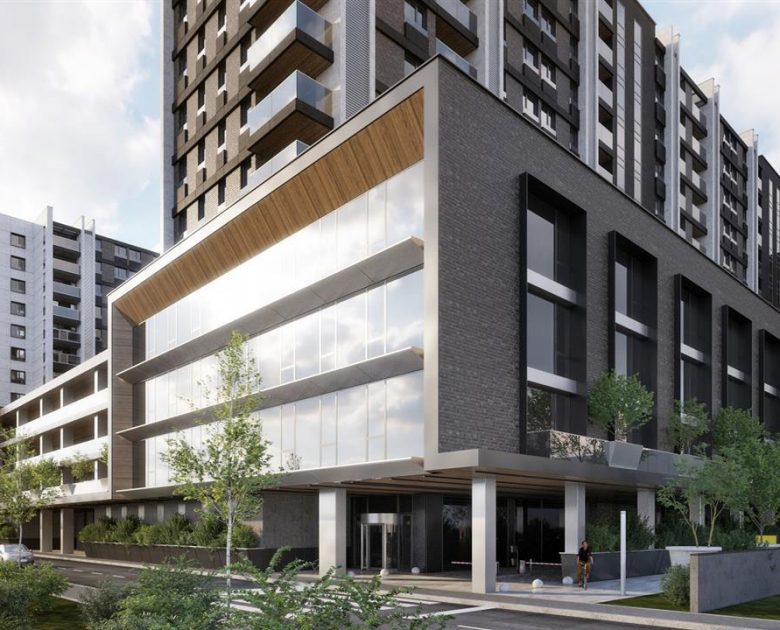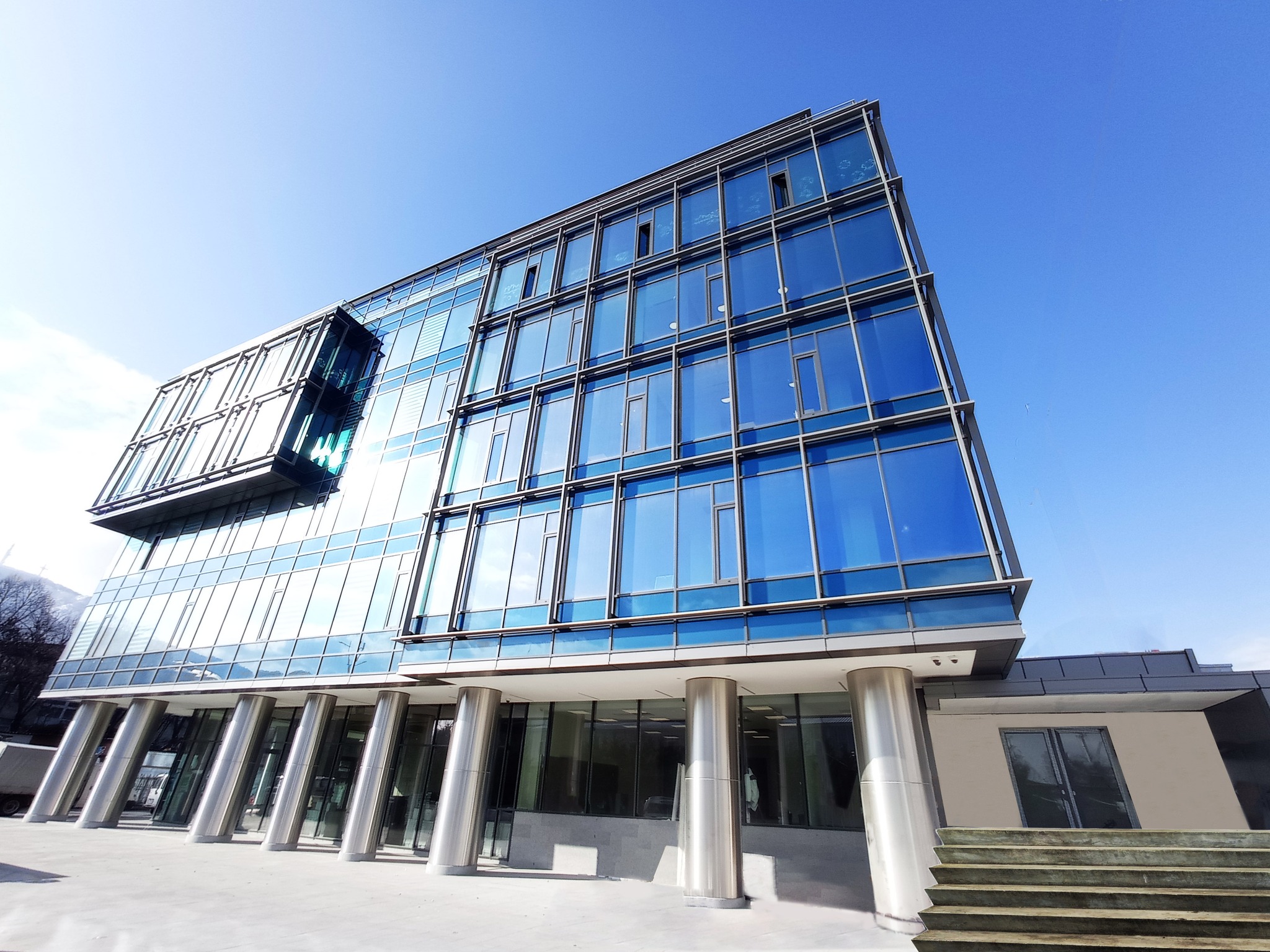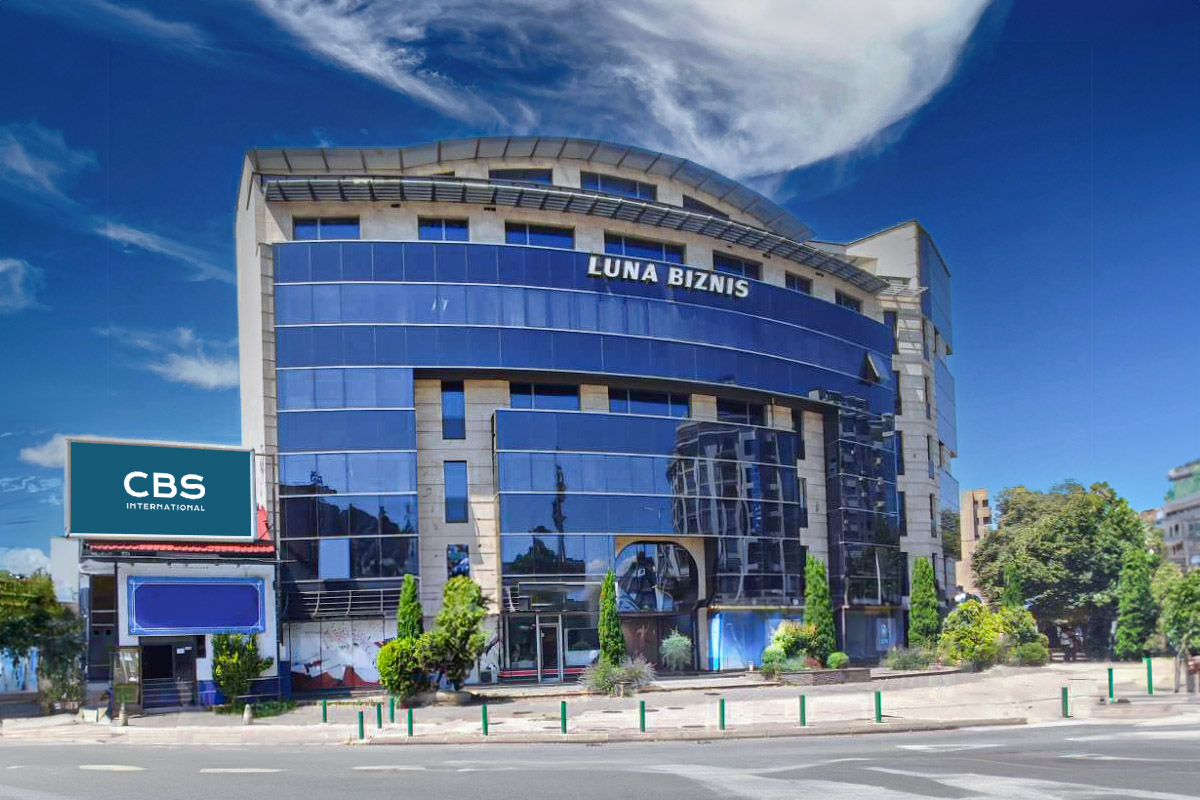Property Management (PM) is the day-to-day supervision of residential, commercial or industrial real estate by a third party, usually a professional manager or property management company. Property management has long been considered an expense, but today it has become an integral part of a company’s success.
Real estate management has become a very important service for most investors because it includes the entire management and control of all processes related to the exploitation of the building, with special reference to commercial and financial management services. The most dynamic segment in property management is certainly the segment of commercial buildings.
Considering that the real estate market is intensively developing in all segments in addition to office buildings, increasing demand of these services is needed in the segments of residential complexes, retail parks, and logistics parks. The main roles of property managers are to manage routine tasks, delegated by the owner and to preserve the value of the property they manage.
Some companies specialize in providing management services for a specific property type, while others offer management services for a range of property types. Significant number of property types can be managed in the residential segment (apartment buildings and apartment complexes, family houses, condominiums), commercial real estate (retail parks and shopping centers, office buildings, hotels, restaurants, gas stations, health facilities), as well as industrial complexes (factories, production complexes, plants, warehouses, distribution facilities, logistics parks, steel mills). Numerous types of special-purpose real estate do not fit into the above categories but still require management, such as theaters, schools, universities, sports arenas, homes for the elderly, student dormitories, and the like.
Facilities Management (FM) is a concept of services and tools to ensure the functionality, comfort, safety, and efficiency of buildings, assets, and company systems which includes services such as technical maintenance, hygiene and cleaning services, physical security, and security systems as well as fire protection services. In addition to this, Facilities management services include the preparation of a long-term strategic plan for the management of a company’s facilities.
There are two basic areas of Facilities Management:
Hard Facilities Management and Soft Facilities Management. Hard Facilities Management deals with the physical parts of facilities, such as lighting, plumbing, elevators, air conditioning, heating and cooling systems, to ensure the facilities function smoothly in terms of infrastructure.

Soft Facilities Management includes tasks performed by people such as cleaning and hygiene services, reception and security, lease management, waste management, and maintenance of green areas and plants.

Facilities managers are responsible for collecting data on all necessary maintenance and renovation work. They issue orders for minor and major repairs and control plus coordinate their execution. They organize the removal of possible defects during the warranty period of the installed systems, coordinate emergency interventions and organize repairs. They are also in charge of preventive maintenance planning and they provide daily maintenance services for all systems to ensure the smooth functioning of properties.
When you think of Facilities Management, you usually think of cleaning services adapted to the needs of individual properties and maintenance of hygiene standards in all areas, from offices, retail space, to warehouses and industrial facilities. In addition, the protection of employees and business operations is often under the control of Facilities management, especially the physical security of facilities, people and security systems.
The threat of fire carries one of the greatest risks for loss of life and property damage. Facilities Management can also be engaged in the maintenance, inspection and testing of fire protection equipment and systems in the facility, keeping records and certificates of compliance.
Facilities management can also offer a complete landscape maintenance service and they have developed a comprehensive maintenance plan for the external parts of buildings and facades during all seasons and weather conditions, including snow and ice removal.
Integrated Facilities Management (IFM) is the unification of all solutions and processes related to facility management under one contract. This means that one team manages all contracts, supplier relationships and space management, using one software solution or a central software system that integrates with others and can be used by anyone. IFM is a smart way of combining “Hard and Soft” services with the aim of ensuring the smooth functioning of innovative properties such as “smart” buildings, which are increasingly prevalent today.
Hiring a company that provides these services saves a lot of time and professional facilities management contributes to the operation of any organization, positively affecting the value of property, buildings, and equipment.Property Management (PM) is the day-to-day supervision of residential, commercial or industrial real estate by a third party, usually a professional manager or property management company. Property management has long been considered an expense, but today it has become an integral part of a company’s success.
Real estate management has become a very important service for most investors because it includes the entire management and control of all processes related to the exploitation of the building, with special reference to commercial and financial management services. The most dynamic segment in property management is certainly the segment of commercial buildings.
Considering that the real estate market is intensively developing in all segments in addition to office buildings, increasing demand of these services is needed in the segments of residential complexes, retail parks, and logistics parks. The main roles of property managers are to manage routine tasks, delegated by the owner and to preserve the value of the property they manage.
Some companies specialize in providing management services for a specific property type, while others offer management services for a range of property types. Significant number of property types can be managed in the residential segment (apartment buildings and apartment complexes, family houses, condominiums), commercial real estate (retail parks and shopping centers, office buildings, hotels, restaurants, gas stations, health facilities), as well as industrial complexes (factories, production complexes, plants, warehouses, distribution facilities, logistics parks, steel mills). Numerous types of special-purpose real estate do not fit into the above categories but still require management, such as theaters, schools, universities, sports arenas, homes for the elderly, student dormitories, and the like.
Facilities Management (FM) is a concept of services and tools to ensure the functionality, comfort, safety, and efficiency of buildings, assets, and company systems which includes services such as technical maintenance, hygiene and cleaning services, physical security, and security systems as well as fire protection services. In addition to this, Facilities management services include the preparation of a long-term strategic plan for the management of a company’s facilities.
There are two basic areas of Facilities Management:
Hard Facilities Management and Soft Facilities Management. Hard Facilities Management deals with the physical parts of facilities, such as lighting, plumbing, elevators, air conditioning, heating and cooling systems, to ensure the facilities function smoothly in terms of infrastructure.

Soft Facilities Management includes tasks performed by people such as cleaning and hygiene services, reception and security, lease management, waste management, and maintenance of green areas and plants.

Facilities managers are responsible for collecting data on all necessary maintenance and renovation work. They issue orders for minor and major repairs and control plus coordinate their execution. They organize the removal of possible defects during the warranty period of the installed systems, coordinate emergency interventions and organize repairs. They are also in charge of preventive maintenance planning and they provide daily maintenance services for all systems to ensure the smooth functioning of properties.
When you think of Facilities Management, you usually think of cleaning services adapted to the needs of individual properties and maintenance of hygiene standards in all areas, from offices, retail space, to warehouses and industrial facilities. In addition, the protection of employees and business operations is often under the control of Facilities management, especially the physical security of facilities, people and security systems.
The threat of fire carries one of the greatest risks for loss of life and property damage. Facilities Management can also be engaged in the maintenance, inspection and testing of fire protection equipment and systems in the facility, keeping records and certificates of compliance.
Facilities management can also offer a complete landscape maintenance service and they have developed a comprehensive maintenance plan for the external parts of buildings and facades during all seasons and weather conditions, including snow and ice removal.
Integrated Facilities Management (IFM) is the unification of all solutions and processes related to facility management under one contract. This means that one team manages all contracts, supplier relationships and space management, using one software solution or a central software system that integrates with others and can be used by anyone. IFM is a smart way of combining “Hard and Soft” services with the aim of ensuring the smooth functioning of innovative properties such as “smart” buildings, which are increasingly prevalent today.
Hiring a company that provides these services saves a lot of time and professional facilities management contributes to the operation of any organization, positively affecting the value of property, buildings, and equipment.



